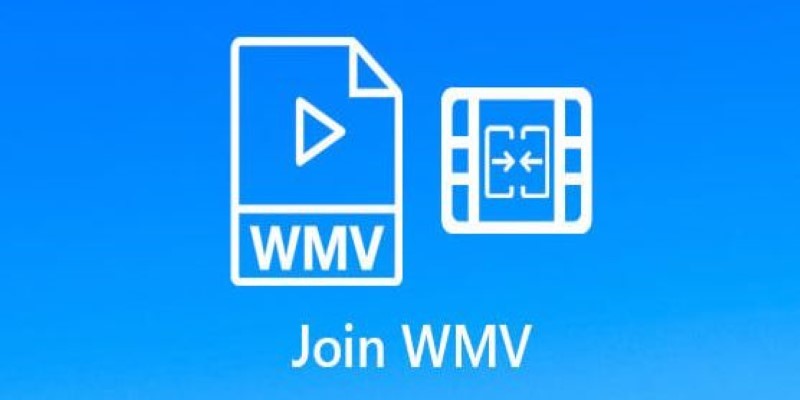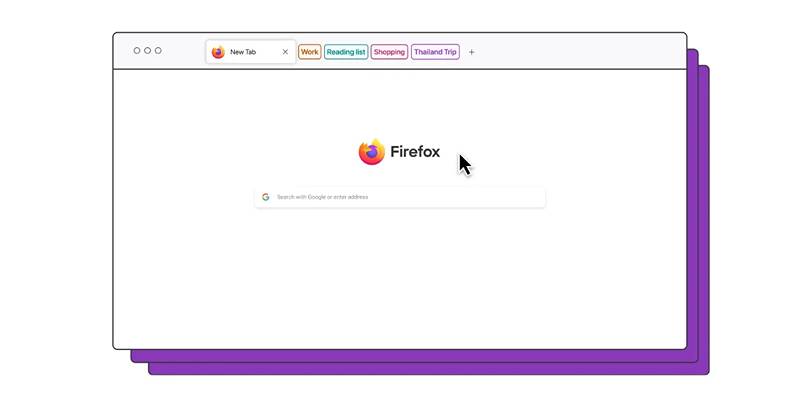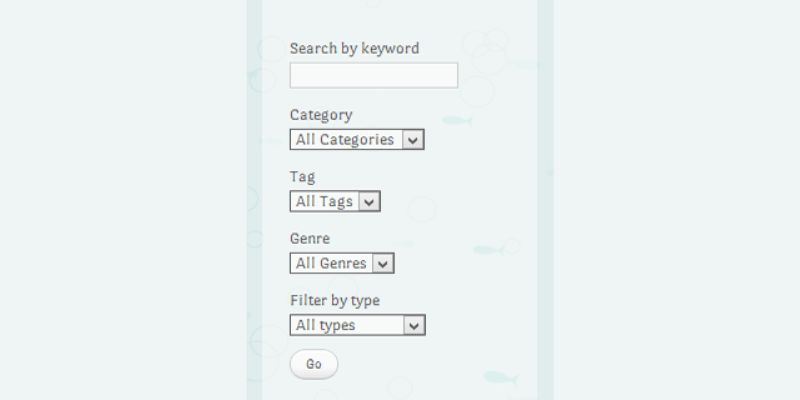Discover Mellum: JetBrains’ New Open-Source AI for Efficient Coding
Advertisement
JetBrains, widely known for its powerful integrated development environments such as IntelliJ IDEA, PyCharm, and WebStorm, has taken a definitive step into AI-driven development tools with the release of Mellum, its proprietary AI code generation model. What sets this announcement apart is not just the launch of a new model—but the company’s decision to open-source it and share it with the global community.
This release aligns with JetBrains' broader commitment to empowering developers with tools that are not just intelligent, but also ethical, transparent, and deeply integrated into existing workflows. Mellum is the company’s first public large language model focused entirely on programming tasks.
Open-Sourcing Mellum
JetBrains has made Mellum available under the permissive Apache 2.0 license, allowing developers and organizations to freely use, modify, and distribute the model. This decision reflects JetBrains’ belief in open innovation and transparency.
Rather than keeping Mellum confined to its suite of tools, JetBrains has released the model’s base weights and training methodology for public use. This approach encourages experimentation, adoption, and even community-driven improvements—values that resonate deeply within open-source culture.
The open-source release includes a base version of Mellum and a fine-tuned Python-specialized variant. These models are packaged for compatibility with popular inference engines like vLLM, llama.cpp, and Ollama, providing flexibility across environments and use cases.
Hugging Face as the Launch Platform for Mellum
JetBrains chose Hugging Face, the leading model-sharing platform, to host Mellum. This decision ensures that developers, researchers, and AI engineers can easily discover, download, and begin working with the model.
The availability of Mellum on Hugging Face offers immediate accessibility and visibility within the machine learning and developer communities. By using a familiar platform, JetBrains has lowered the barrier to experimentation and integration, particularly for teams already working with transformer-based AI models.
Hugging Face also enables version control, community feedback, and model card documentation—critical features that promote responsible and informed model usage. These tools foster collaboration among developers and researchers, making tracking improvements and sharing best practices easier. Additionally, transparent documentation helps users assess the model's capabilities and limitations before deployment.
The Technical Foundation Behind Mellum’s Code Intelligence

Under the hood, Mellum is a transformer-based model with 4 billion parameters. While smaller than some of the most massive LLMs on the market, Mellum is optimized for code-specific performance. The model features an 8K token context window, allowing it to process and generate long sequences of code with greater contextual accuracy.
JetBrains constructed Mellum’s dataset carefully, relying only on permissively licensed code repositories and curated English-language documentation. This decision avoids many of the legal and ethical issues plaguing some AI models trained on web-scraped content.
This training strategy enables Mellum to understand complex programming structures, follow established language idioms, and offer intelligent completions across multi-file codebases. This focused understanding allows Mellum to maintain logical consistency and context awareness even in large-scale software projects.
Integration with JetBrains IDEs
Mellum is deeply integrated with JetBrains IDEs, providing users real-time code completion and suggestion features directly within their existing toolchains. This integration avoids switching Windows or relying on browser-based AI tools, making code generation a seamless part of the programming experience.
Whether deployed locally for speed and privacy or in the cloud for scalability, Mellum can adapt to different team sizes and development needs. Support for multiple inference frameworks ensures that developers can choose their infrastructure and deployment style.
This tight integration is part of JetBrains’ long-term strategy: to create tools that don’t interrupt workflows but enhance them invisibly.
Privacy, Licensing, and Responsible AI Practices
One of the defining traits of Mellum’s development is JetBrains’ strict adherence to responsible AI practices. The company has confirmed that no proprietary, confidential, or non-proprietary licensed data was used during Mellum’s training.
This careful curation gives Mellum a significant edge in enterprise environments, where data security and legal compliance are essential. Developers can use Mellum without concerns about legal entanglements or intellectual property contamination.
In a field where many AI models face questions about data provenance, JetBrains has provided a refreshingly clear and ethical approach.
Mellum Compared to Other AI Code Models
Mellum enters a space populated by notable competitors like OpenAI’s Codex, Meta’s Code Llama, and Google’s Gemini for code. However, Mellum’s edge lies in its openness and tight integration potential with tools developers already trust.
Unlike models that require cloud-based usage or subscriptions, Mellum offers on-premise deployment options. Its release strategy focuses not on commercial scale but on developer trust and long-term adoption in serious engineering contexts.
Mellum’s code-first design could yield more consistent and structured outputs, primarily when used in specialized environments. Where general-purpose models may falter in maintaining syntax integrity or understanding context deeply, Mellum’s optimization for programming domains allows it to perform more reliably in IDE settings.
Competitive Implications

Mellum’s open-source debut lands in a competitive field. Major tech companies are building proprietary models or offering AI code tools as part of cloud services. However, open models like Mellum present an alternative for organizations that value transparency, customization, and cost control.
JetBrains' move also places pressure on proprietary providers to increase openness or improve their developer-centric offerings. For many companies, Mellum offers a starting point for building customized models without surrendering data to third parties or navigating opaque licensing schemes.
In this context, Mellum’s release could catalyze a new generation of independent AI tooling — built by developers, for developers, without vendor lock-in. This approach empowers the community to innovate freely while maintaining complete control over their development environments.
Conclusion
With Mellum, JetBrains delivers more than just another code-generating AI. It provides a blueprint for how companies can contribute meaningful, ethical, and focused models to the broader development community.
As more developers begin exploring Mellum through Hugging Face and integrating it into their daily work, the model stands to become a cornerstone of AI-assisted programming, setting a high bar for future releases in this rapidly evolving space.
Advertisement
Related Articles

A Simple Guide to Converting AVCHD Videos to WMV

Simple Ways to Combine WMV Videos Without Losing Quality

Firefox Finally Adds Tab Groups, Solving a Long-Standing User Demand

6 Best Game Capture Tools for Smooth and Easy Recording

Mastering the Split Screen Effect in iMovie: A Beginner’s Guide

Arc Browser Review: Is It Time to Make the Switch?

Top Screen Recording Tools You Should Try Instead of Any Video Recorder

Step-by-Step Guide to Creating a Group in Gmail

Add Music to Your Slideshow for Free with These 8 Simple Options

Best Video Makers for iPhone: Complete List of Top Editing Tools

How to Capture Your Best CSGO Gameplay: A Simple Guide for Players

 novityinfo
novityinfo